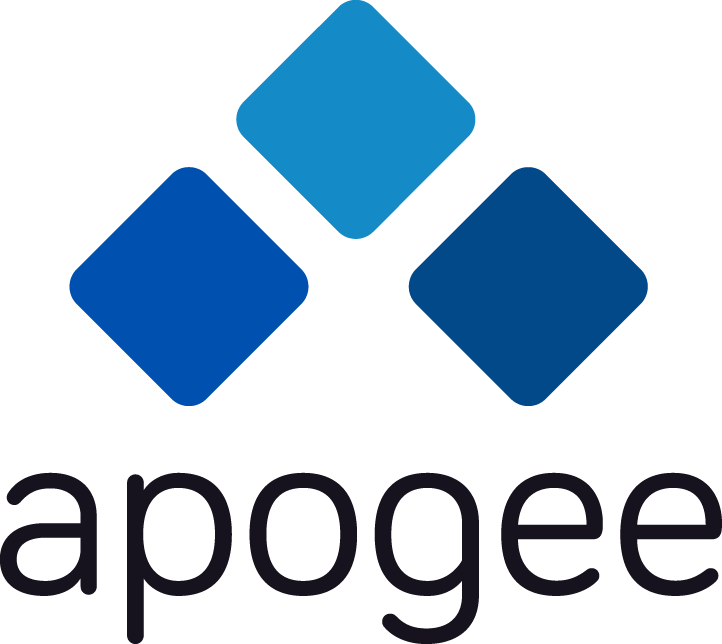What is Affiliate Program Management?
In the world of online business, the concept of affiliate marketing has proven to be a game-changer. It's a win-win strategy that benefits both businesses and individuals who promote their products or services. However, behind the scenes of every successful affiliate marketing program is a skilled affiliate program manager who understands the intricacies of affiliate marketing program management. In this article, we'll delve into what affiliate program management entails, how to effectively manage affiliates and the key components of a strong affiliate program that leads to profitability.

What is Affiliate Management?
Before we dive into the details of affiliate program management, let's start with the basics: What exactly is affiliate management? At its core, affiliate management involves overseeing and optimizing an affiliate marketing program. It's the process of coordinating and guiding a network of affiliates who promote your products or services in exchange for commissions.
The keystone of affiliate management is the affiliate program manager. This individual plays a pivotal role in the success of the program. Their responsibilities encompass a wide range of tasks, from recruiting and onboarding affiliates to monitoring their performance and providing ongoing support.
Brands often do not have the resources or experience to effectively grow affiliate programs, which is where outsourced program managers and agencies like Apogee come in. The affiliate manager, a person or agency, manages the relationships between the affiliates, the merchant, and the network.
Launching an affiliate program on a network and choosing auto-pilot never works as a true growth strategy. In fact, quite the opposite can occur when low-value affiliates are allowed to participate unmonitored. The only way to see success is through proactive affiliate program management.
Affiliate Manager Tasks
The daily work of the proactive affiliate manager includes the recruitment, activation, and motivation of affiliates. Without strong affiliates to promote products and drive traffic to your product, there is no affiliate program.
Affiliates come in a variety of shapes and sizes. Managers need a thorough understanding of them all because each has a unique aspect that demands attention:
- Coupon affiliates must be monitored for proper code promotion.
- Loyalty affiliates can take credit for another affiliate's sales or from other e-commerce channels the merchant may have.
- Any affiliate that utilizes paid search could harm a merchant’s own PPC efforts.
- Bloggers and review affiliates need to be monitored for FTC compliance.
- Deal sites can drain inventory and crash a merchant website.
Proactive affiliate managers use network tools and brand promotions to stay on affiliates’ radars and keep the program fresh and relevant. While the primary avenue of communication is most commonly the program newsletter, successful managers have an open-door policy for their affiliates. Email, contact forms, and Facebook or Slack groups make an affiliate manager accessible to busy affiliates.
Here's a breakdown of what an affiliate manager does:
- Affiliate Recruitment: One of the initial tasks is identifying potential affiliates who can effectively promote your products or services. This involves the ongoing task of researching and reaching out to individuals or publications with relevant audiences and inviting them into the affiliate program.
- Onboarding: Once affiliates are interested, the manager then guides them through the onboarding process, ensuring they understand the program's terms, conditions, and commission structure. This may also include working directly with the affiliate network to get affiliate approval.
- Training: Providing training and resources to affiliates is crucial. This helps them understand your products or services better and equips them with the tools they need to market effectively. a successful affiliate manager will make time to train affiliates about your particular product as well as assist them in keeping up with changes in the digital marketing industry overall. This can include SEO, social media algorithms, FTC guideline changes, and more.
- Monitoring Performance: Regularly tracking affiliate performance is essential. This includes analyzing sales, clicks, conversions, and other relevant metrics to identify top-performing affiliates and areas that need improvement. A proactive affiliate manager will reach out to top-performing partners to work on enhancing the relationship while also making sure any partners who are not operating within the program TOS are properly taken care of.
- Communication: Maintaining open lines of communication with affiliates is key. Whether it's addressing queries, providing promotional materials, or offering support, effective communication fosters a positive working relationship. This is one of the number one reasons brands choose to outsource affiliate management as it is incredibly time-consuming with larger programs.
- Optimization: Continuously optimizing the program based on data-driven insights is vital. This might involve adjusting commission rates, refining marketing materials, or expanding the affiliate network. With a dedicated affiliate management agency, your affiliate program is not an afterthought, but the main focus for growth every single day.
Brand Participation
The Brand/Affiliate Management relationship is most successful when treated like a true partnership. While it is true that brands outsource this channel to save them time, it is important to communicate with your affiliate manager so that they can relay information to your affiliate team.
A newsletter is part of a proactive manager’s toolbox, and some of that monthly content will come from the brand directly. Other content – such as keyword research, promotional ideas, and creatives – may be provided by a dedicated affiliate manager.
When new technology is introduced by the network, the proactive affiliate manager brings it to the brand partner. New tech often means tracking code and pixels can be upgraded or that datafeeds can be further optimized.
At the very least, there should be a meeting set every month to go over new promotions and coupon codes that can be presented to affiliates. However, treating your affiliate team like a sales team for your brand and helping to equip them with everything they need to promote you through the affiliate manager is the best way to build a successful affiliate program.
Affiliate Program Network
An educated affiliate manager understands the intricacies of every affiliate network to make sure your program fully utilizes all of the tools to its highest potential. All of Apogee's affiliate management team is certified on the networks we work with and stays up to date with any available CEUs or training available.
The best affiliate networks provide a number of tools to maximize the success of your affiliate program and are far more robust than an onsite extension or plugin. Additionally, big publishers are already integrated on these large networks which greatly increases your chances at large exposure opportunities.
Another thing to consider is that not all affiliates promote merchants equally, and different rules are needed for attribution. Having the ability to split commissions and protect hard-working affiliates from losing sales at the last minute to another affiliate is crucial. Responsible affiliate managers implement available network tools that ensure level playing fields for all the affiliates.
Choosing the Right Affiliate Management Team
When evaluating different affiliate management agencies, don't hesitate to ask pointed questions. This is your opportunity to get a deeper understanding of their approach, capabilities, and how they plan to meet your specific needs.
Here are some questions to consider:
- What is their program-to-manager ratio? A lower ratio often indicates more personalized attention for your program.
- How do they recruit and vet affiliates?
- What strategies do they employ to optimize affiliate performance?
- Can they provide references or client testimonials?
- What is the average length of a client's lifespan with them? A longer client lifespan often suggests client satisfaction and agency reliability.
- Don't hesitate to ask for references and testimonials from previous or current clients. This is an excellent way to gain insights into the agency's track record and client satisfaction levels.
When you choose an affiliate management agency, you're not just selecting a service provider; you're entering into a partnership. Consider the potential for a long-term partnership and whether the agency is adaptable enough to grow with your business.
Conclusion
Choosing the right affiliate management agency is a critical decision that can significantly impact the success of your affiliate program. It requires a careful evaluation of their dedication, commitment to brand integrity, communication, and results-driven approach. By asking the right questions, seeking transparency, and considering long-term potential, you can make an informed choice that leads to a fruitful and lasting partnership with an agency that aligns with your business objectives. Remember, your affiliate program's success depends on the strength of your agency partnership, so choose wisely.

